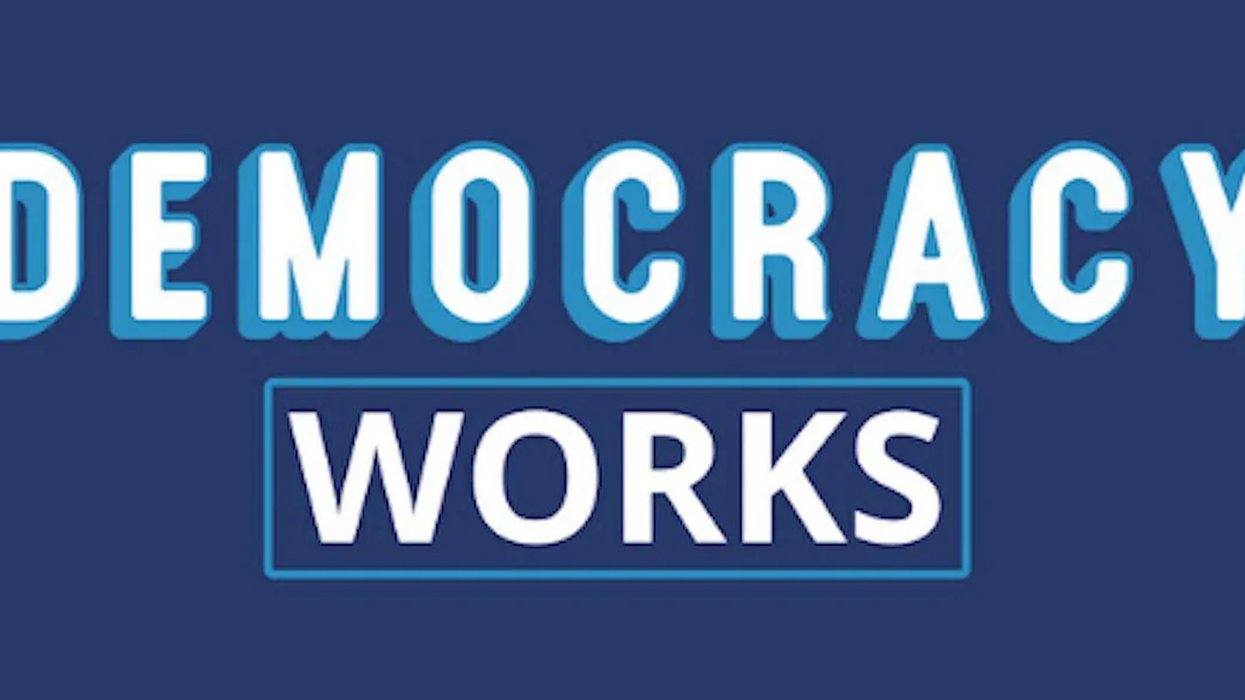Many of us can conjure moments when politics made us feel sad. But how often do those feelings translate into more serious forms of depression or other mental health issues? And if politics does make us depressed, what do we do about it?
Christopher Ojeda has spent the past few years exploring these questions and he joins the Democracy Works podcast to talk about the relationship between depression and democracy.
Ojeda is an assistant professor of political science at the University of California Merced and author of the forthcoming book The Sad Citizen: How Politics Makes Us Depressed. He visited Penn State to give a sneak preview of this important work on the relationship between democratic engagement and individual mental health. Ojeda discussed how to meet the demands that democracy places on us without sacrificing our mental health in the process.




















Trump & Hegseth gave Mark Kelly a huge 2028 gift